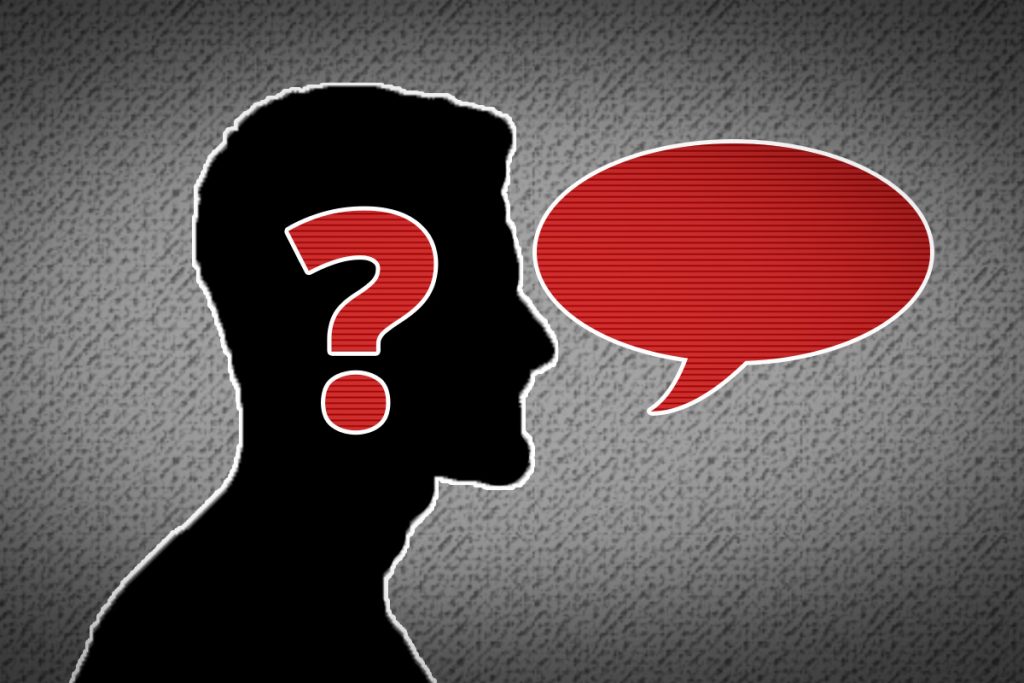We’re stuck in a vicious circle of democracy degradation. It’s no wonder that others are trying to exploit it to their dark aims — but it’s a wonder how misunderstood the role of the media is in solving this tangle.
In late May, an Armenian website pushing conspiracy theories and lies (‘fake news’) hit the global headlines after an investigation by OpenDemocracy revealed it had mistakenly been financed by the US Government.
Although the website wasn’t funded under a countering disinformation programme, the irony of the situation is obvious. Western governments have expended vast resources fighting disinformation and propaganda, very specifically that originating from Russia.
The sudden influx of funds for this purpose has not left the Caucasian media landscape untouched. In fact, it has created a new variety of civil society organisations specialising in the craft.
However, the disinformation crisis has been misanalysed by many of those. In the worst case, the solutions adopted risk deepening the crisis for the real information bearers in the region — the media.
The crisis that lingers
Those of us who live in democratic countries, and uphold the values of an open, tolerant, and pluralistic society, often lose the battle against lies. But this is not because of any individual culprit, it is because we have failed to acknowledge the systemic flaws afflicting the media at home.
The root of the problem lies in changes to the way journalism is financed globally — the advance of the internet has turned traditional media business models on their heads.
Readers’ attention has shifted from news produced by traditional newsrooms to news that is quick, and, more importantly, free.
The advent of the internet means it is no longer necessary to run an editorial office with trained staff in order to distribute content, allowing anyone to generate and distribute ‘news’ with minimal resources.
Advertisers also quickly realised that there is a profit to be made on the internet and have migrated to social media and search engines.
These three factors have created a symbiotic relationship — low-quality media generates lots of cheap, easily consumable content, while social media platforms and search engines offer algorithm-driven advertising options to advertisers.
In order to compete and sustain themselves in this radically different environment, traditional media have had to cut costs, undermining their quality. Meanwhile, algorithms have been harnessed both by business, with the sole purpose of making money, and political actors, to spread propaganda.
As a result, people have lost their trust in the media.
In the latest survey by Ipsos, you can see that there is already more mistrust than trust in the media, while the percentage of Europeans reporting a high level of trust in the media has in many cases dropped into the single digits.
A radically decreased relevance of the fourth estate, which can no longer effectively keep governments and elites to account, alongside a growing unchecked income inequality has allowed political polarisation to take root.
The effect is multiplied by social media and search engines, configured to generate clickthrough profit, leaving people trapped in echo chambers.
This vulnerability is an obvious one to exploit.
The call is coming from inside the house
The aim of what is commonly called ‘anti-Western’ propaganda isn’t necessarily to push through one specific idea. Instead, it seeks to undermine the fundamental values that are touted by liberal democracies — even and especially when these countries often do not live up these values.
It has proven very easy for those wishing to do so to pit warring factions in society against each other and further destabilise an already unstable society.
Troll factories creating tensions on online discussion fora? Check.
State-funded media distributing lies and propaganda? Check.
Conspiracy theories? Check.
Ethnic tensions? Check.
The list of propaganda techniques and vulnerabilities goes on.
But what we often overlook is that Russia or other authoritarian governments are not the only hostile actors exploiting the media crisis and these new societal vulnerabilities, far from it. The biggest threats are mostly homegrown — Donald Trump, Bidzina Ivanishvili, Jarosław Kaczyński, just to name a few.
Keeping our own politicians in check is far more important than trying to undo the lies spread by hostile countries. These are the people who are supposed to guard our values and ensure that democracy prevails. They often don’t — and an unsustainable, compromised media cannot properly inform society about their abuses any longer.
Hostile foreign countries should not be used to excuse the failures of our own systems. We’re on a crash course and the decay is almost inevitable, with or without Russia.
Black mirror
While the media tries to figure out how to survive — with the latest trend being monetising their relationships with their readers — organisations specialising in ‘countering disinformation’ have mushroomed. Many media outlets around the Caucasus have also shifted their profile in order to tap into this new funding source.
Debunking, media literacy training — such initiatives only scratch the surface and do not address the root of the problem. As they are not part of the media, they can never have the outreach necessary to widely disseminate their content. They’re just an ad hoc product of a broken system that’s unable to fix itself.
Also, the assumption that the media needs separate fact-checking organisations, while all we journalists do is fact check, is both a symptom of a larger problem and a disease in and of itself.
This is not the solution to either the clickbait or the propaganda — those who produce these don’t care about facts anyway.
The only way forward is to prioritise the restoration of healthy community ties and social fabric by decreasing both polarisation and atomisation. To let people find new trust in institutions, elected representatives, and information sources.
The media are a part of the equation and it is they who need to be supported to build resilience — to adapt or even transform so they can serve society in a way more crafted to our times.
This new focus requires a serious look in the mirror — have we, politicians, businesses, and individuals crossed too many lines and abused our democracies so much that our system can no longer be called stable and fair? I think we have and this is our greatest vulnerability, both internally and externally. It’s so big that it poses an existential threat.
We need more information — not less disinformation. And for more information, we need to restore the good name of the media and help them continue to fulfil their mission.




 22 July 2020
22 July 2020




